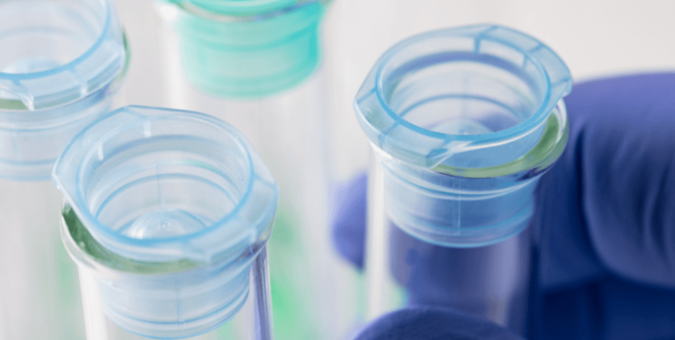claire
Research has suggested that a drug called tranexamic acid could reduce the risk of death from brain injury for as little as £6.20 a dose. BBC News reports that this ‘cheap drug could save thousands of lives a year’.
What is tranexamic acid?
Tranexamic acid is a common drug which helps to reduce bleeding by assisting the blood to clot. It is often prescribed to treat bleeding conditions such as heavy periods and nose bleeds. Intravenous tranexamic acid is also used to treat patients with life threatening chest or abdomen bleeds, or excessive bleeding after childbirth. This drug is available in multiple forms, it is easy to administer, and is widely available at a low cost.
Medical professionals were aware of tranexamic acid’s use to assist with bleeding elsewhere in the body, but it was unclear if it would have the same effect when a bleed occurred in the brain. Led by the London School of Hygiene & Tropical Medicine a global trial was conducted over a 6-year period which included just under 13,000 people with a traumatic brain injury. Each individual involved in the trial was randomly assigned to receive either a placebo or an injection of tranexamic acid within the first three hours of obtaining the brain injury.
Tranexamic acid could reduce brain injury-related deaths
When the researchers reviewed the data, they noted that it made no difference to the risk of dying within a month of the injury. However, when they considered the severity of the injury for each case, they found that the drug did benefit those with a mild to moderate injury, where there was a reduction in deaths by 20% compared to the placebo. On top of this hopeful discovery, the evidence suggests there were no side effects and no increase in disability for those who were provided with the drug. Unfortunately, there was no benefit for those with a severe injury.
Tranexamic acid appeared to be most effective in reducing the bleed when administered soon after the injury occurred. This is because tranexamic acid prevents the bleed from developing as opposed to rectifying the damage already done. The research states that there was a 10% reduction in the effectiveness of the treatment for every 20-minute delay.
What could this mean for brain injuries?
The evidence suggests that this cheap and widely available drug is beneficial if administered within three hours of a mild or moderate brain injury being sustained, which are typically the majority of traumatic brain injuries. This is the first neuroprotective drug for those with a brain injury and a vital development for what can be a devastating condition.
In the UK, traumatic brain injuries cause roughly 160,000 people to be admitted into hospital each year, and 1.3 million people are living with disabilities as a result. Although there is still a lot of progress to be made within the complex area of brain injury treatment, this interesting development could potentially influence the future of brain injury claims and aid recovery with those who suffer a mild or moderate brain injury, meaning the long-term implications may not have such a devastating effect on those who fall victim.



















